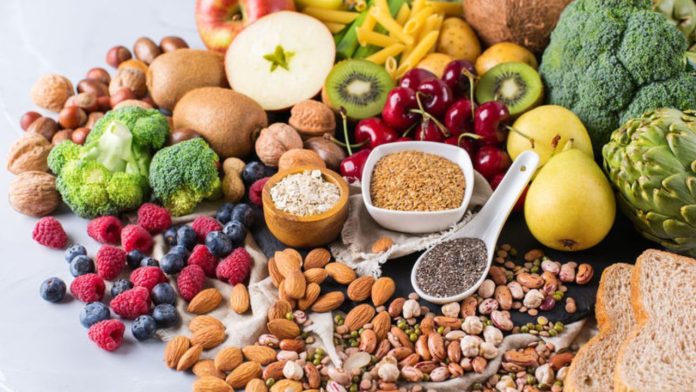Although diet is important for preserving general health and helping to manage some medical diseases, is it able to treat lymphoma? Chemotherapy, radiation therapy, or immunotherapy are common medical treatments for lymphoma, a complicated and dangerous type of cancer.
A healthy, well-balanced diet can help manage lymphoma, lessen the negative effects of treatment, and enhance general wellbeing. Including particular foods in one’s diet has its advantages. concentrating on a diet high in fruits, vegetables, and whole grains; these foods offer vital antioxidants, vitamins, and minerals that can support and bolster the immune system. Eggs, poultry, fish, and lentils are examples of lean proteins that promote muscle health and recuperation throughout treatment.
It may not be the best idea to avoid sugary snacks, processed foods with a lot of artificial additives, and excessive red meat consumption when receiving treatment for lymphoma. These meals might weaken the immune system and induce inflammation. Treatment for lymphoma patients may cause adverse effects such as nausea, anorexia, and altered taste perception. In these situations, a nutritionist or dietician can assist the patient in creating meal plans that cater to their individual requirements and guarantee they receive the nutrients required for healing. Fruits and vegetables including berries, citrus fruits, broccoli, and leafy greens are all part of a well-balanced diet. Complex carbohydrates, like those in beans, quinoa, oats, and other whole grains; healthy fats, like those in avocados and almonds; and a portion of protein, like that in chicken, fish, eggs, tofu, and lentils that is balanced.
One kind of cancer that affects the immune system’s lymphatic system is called lymphoma. Combinations of medicines, including immunotherapy, chemotherapy, radiation therapy, and in certain situations, stem cell transplantation, are commonly used to treat lymphoma. Medical professionals give these treatments, which are determined by the particular type and stage of lymphoma. A balanced diet can help the body during cancer treatment and is essential for general well-being, but it cannot treat cancer by itself. A balanced diet is not a replacement for medically established cancer treatments, but it can help control treatment side effects, boost the immune system, and enhance the patient’s overall quality of life.
When someone is diagnosed with lymphoma or any other kind of cancer, it is critical that they collaborate closely with their medical team to create a personalized treatment plan. Although dietary decisions cannot reverse the effects of cancer, they can play a significant role in controlling health both during and after treatment.

 हिंदी
हिंदी






